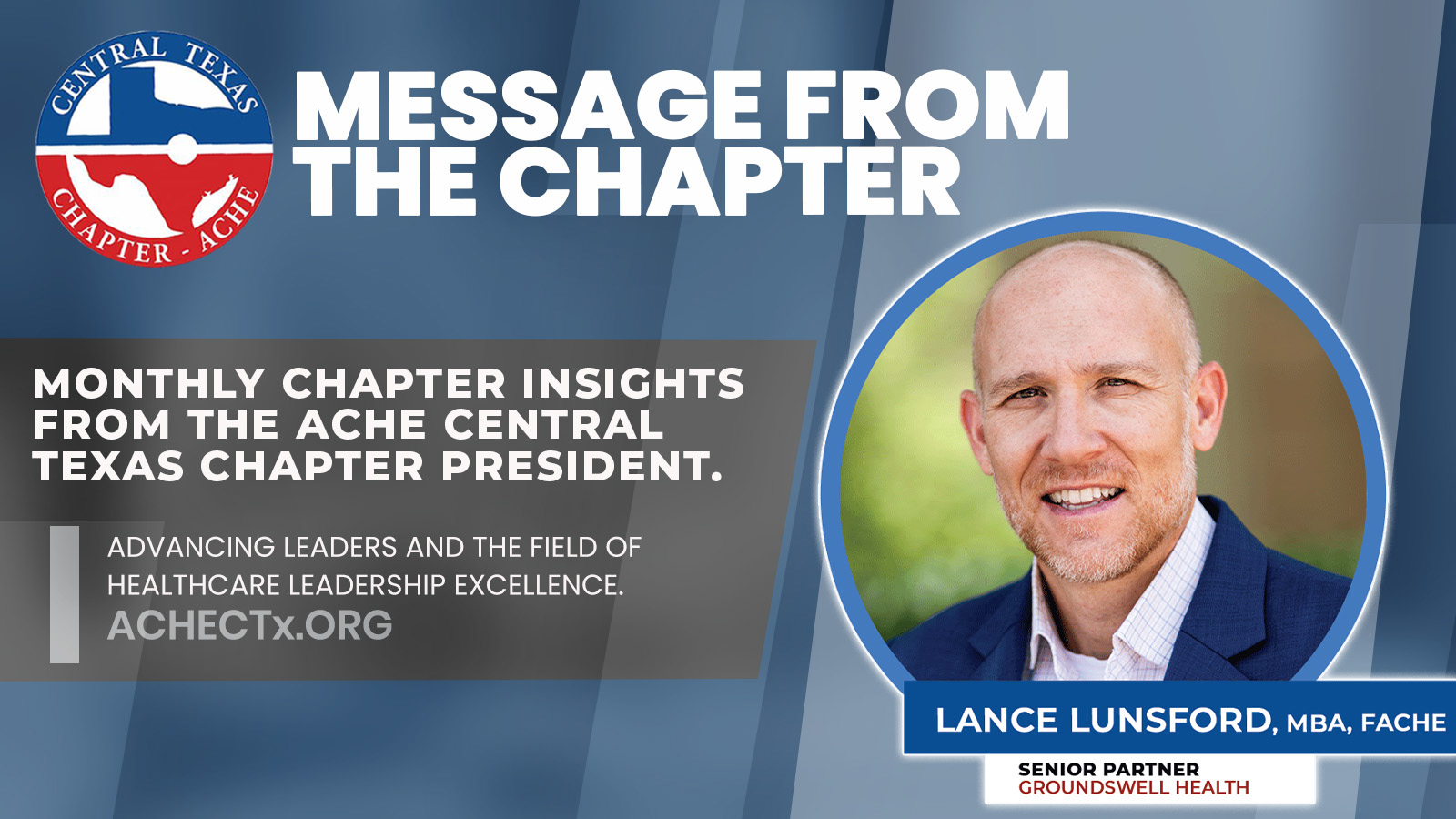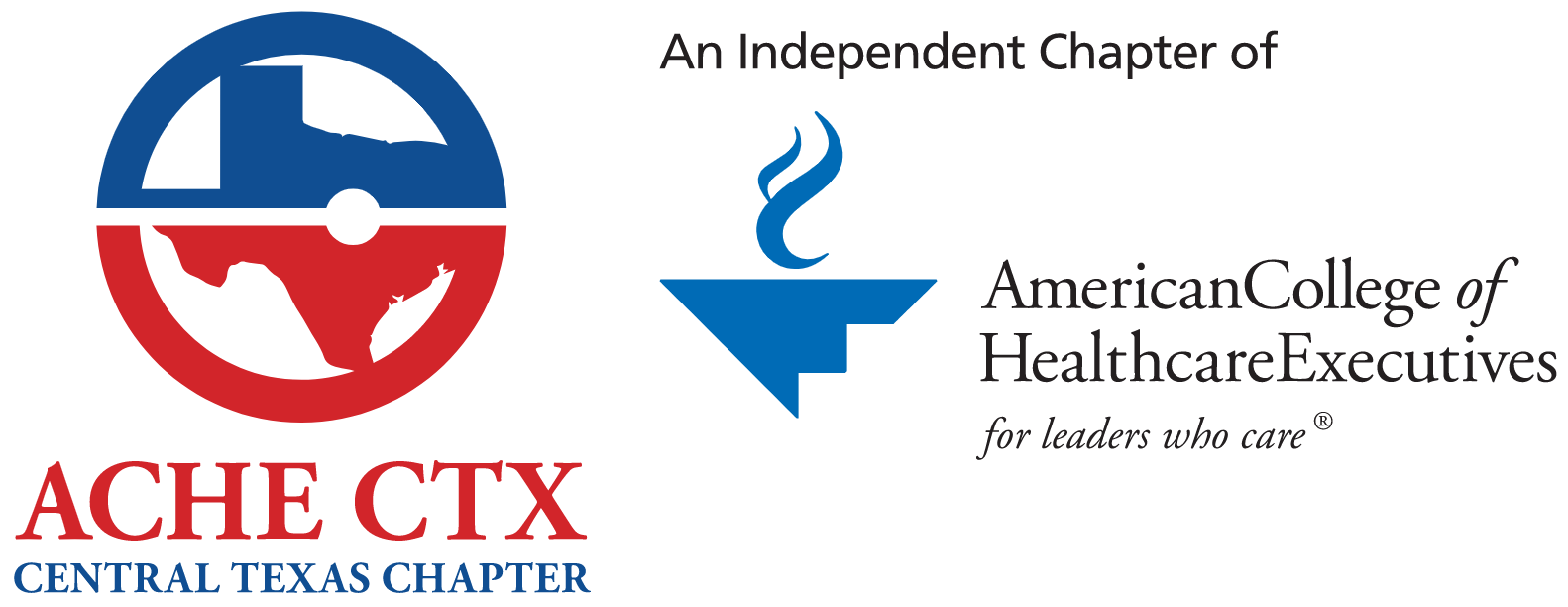Those who attended the 2022 ACHE Central Texas Chapter Annual Banquet in Georgetown in November will recall a deep dive into the potential outcomes and threats that emerge from narrow margins of electoral victory among political parties.
We were only a week or so past the mid-term election.
At the time, we highlighted how the narrow margin of legislative leadership in the U.S. House would affect the tone of the democratic conversation going forward as a handful of a certain class of leaders might find for themselves a larger share of voice. As predicted, the impact of the narrowness of the Republican leadership’s margin became clear as the election for speaker of the U.S. House took several days and 15 ballots to resolve – a record not seen since our country’s most vicious and scarring schism more than a century and a half earlier. Political strife in intraparty factions can lead to self-centered, self-promotion from the weakest of leaders. It should be said that this kind of warring affects both political parties. For the first half of the Biden Administration, Senate democrats dealt with their own narrow majority with two senators from Republican-leaning states using the democrats’ small margin to increase their share of voice and increase their respective power.
The cost of the small margins can be huge. And without being put in check, it can mean very big costs.
While we can find comfort in what the relative equity of the split reveals about our electorate, we have to know where we stand as health care leaders in our posture against those who use it for their own political gain. Throughout the pandemic, hospitals and the broader health care industry by and large has been used as a political stick to shake at authority figures and create division and confusion. Even among our own teams within our industry we have seen doubt, questioning, and disruption over research and public health policy and administration.
Some of this is our own fault. Most of it can be laid at the feet of those who took advantage of a politically tenuous environment to get attention and claw for more power.
In the last legislative session, a prominent Texas state senator blamed hospital leaders for the nurse staffing shortage for requiring vaccines among health care workers. It’s difficult to take this head-on when even among our own ranks we’ve had leaders at the highest levels cast doubt on vaccine efficacy and safety. That resonates. Those positions touch people. Friends and neighbors. Church acquaintances. Scout troop leaders. Your spouse’s friend’s whacky spouse who is easily influenced by a podcast they pose as “research” just because people can buy a website domain and a microphone for $150 and set up shop in his mom’s basement. While it’s easy to make an attempt at cheap humor over a very serious issue, we have to contend with the fact that these are all people we can and should interface … and in each conversation with them, we carry our reputation as respected health care leaders.
Now … health care leaders shouldn’t saddle ourselves with an impossible task. We have been asked to take on plenty in the last decade. We should be careful about assigning ourselves the responsibility of trying to boil the ocean and fix everything that has gone awry. Some people can’t and/ or won’t be convinced even with – especially with – the best of facts. Too often, we would be throwing our pearls to the hogs.
But we can be mindful of how those calm interactions with convincing simple layers of detail and data can change hearts and minds one at a time and virally syndicate in a much more productive way so as to positively affect our industry and communities. And for those who will listen, we will find they and their families are among those worth engaging.
The leaders in our chapter have worked hard for their positions. It took tact. It took patience and eagerness to learn and lead. There’s a lot to lose when you work in a high-profile position, and stakeholders are holding high ground amid extremely fraught political tensions. We have all seen it cause people to clam up, especially when it can cost a livelihood. Stabilizing our institutions – our industry as a whole among them – will require our voices and not just those designated for the lobby. As an industry we are now given the role and responsibility to lead and speak loudly of a new starting line to a post-pandemic economy where advances in health care require engagement that goes deeper on the issues than they have in the past. We can’t allow any longer for political leaders to only couch their entire political health care platforms on being for or against Obamacare. In fact, in 2016, only one presidential candidate carried anything on their website about a health care position. And no … it was not nuanced or detailed with clear facts on what needed to be done to decrease health insurance premiums and Medicare costs … or what needed to be done to improve outcomes and the operating environment for providers. He didn’t fare well … but hey … he got a cool nickname out of it coined by his opposing victor.
We can require more from our elected leaders, and it can’t be left to one entity — whether it’s a trade association or designated advocacy expert in your organization — to coast behind. Those entities often assume you are sharing your voices just as loudly.
So as a chapter, we will spend 2023 doing what we can to make opportunities where we can. Later this spring, we will be hosting sessions with advocacy leaders from area hospitals and others. I know many of your chapter leaders are positioned to do the same, and so I would urge you to speak up and encourage invitations to urban and rural county leaders, state legislators, and especially their staff to take an audience in whatever form among your events. Help them understand the work your team is already taking on from uncompensated care to dealing with high-cost EMR investments. Take time to clarify in anecdotes and trended data the issues facing hospitals with a prepared and trained workforce.
Your time and investment will be well spent, and not only will your organization benefit, but also your community as a whole as we move forward with better information filled with real facts … void of claims of fake news … and bolstered by your reputation as a key leader in your community.

Upcoming Events
ACHE Healthcare Leadership Luncheon – Aug 7 #3
Aug. 7 Leadership Luncheon Featuring Byron Landor, ClearSky Rehabilitation ...
ACHE Healthcare Leadership Luncheon – Aug 7
Aug. 7 Leadership Luncheon Featuring Byron Landor, ClearSky Rehabilitation ...
ACHE Healthcare Leadership Luncheon – Nov. 6
Nov. 6 Leadership Luncheon Featuring Wes TidwellPresident of Ascension Seton ...






